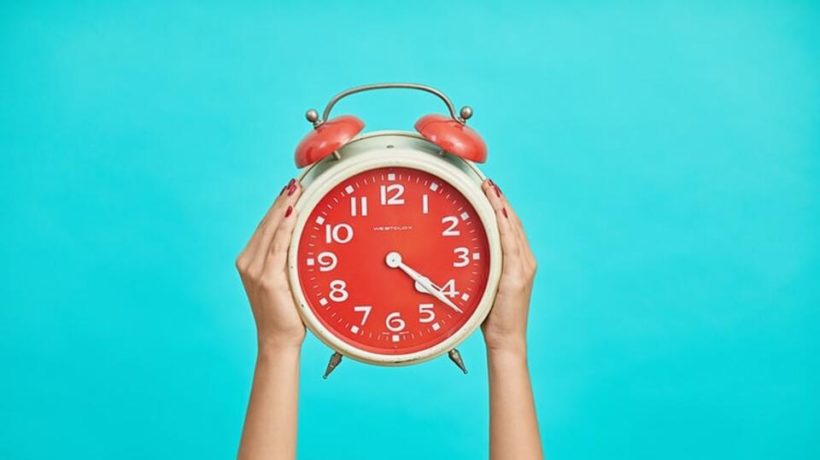The early bird catches the worm and is way less melancholy about worm availability and options. This is the finding of a new study from researchers at Harvard, MIT, and the University of Colorado at Boulder, who explored whether waking earlier lowers depression risk.
Scientists have long known that people who wake up earlier tend to be less depressed: Night owls, who make up around 10% of the population, are twice as likely to suffer from depression. But scientists did not know what sleeping hours make a difference, and the information came mostly from questionnaires, not observation. So researchers analyzed genetic data on 850,000 people through the company 23andMe, 38% of whom had worn sleep trackers or filled out sleep questionnaires.
They found that people with genes that predispose them to be early risers have less depression, and that waking an hour earlier lowers risk of depression by 23%. Waking two hours earlier lowers risk by about 40%. Note that this benefit does not come from just setting the alarm earlier: It also requires going to bed an hour or two earlier.
Caveats: All participants were of European ancestry, and the researchers don’t yet understand why those with early-bird genes and sleep habits are less depressed. Next up, the researchers plan a large, randomized clinical trial, to definitively show that manipulating wake up times protect against depression. The study is out this week in JAMA Psychiatry.
_______________________________________________________________________
Article originally published on fastcompany.com.







